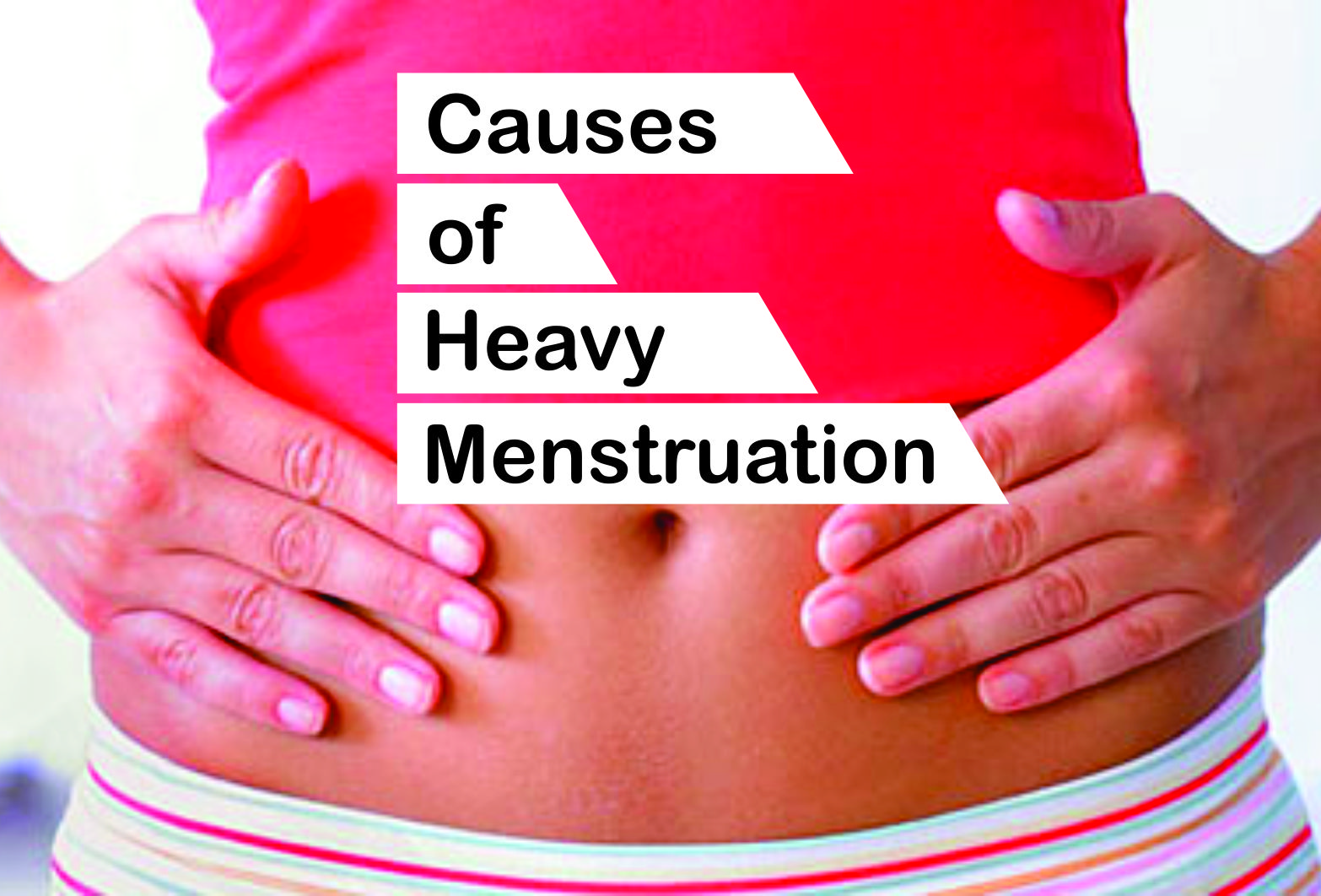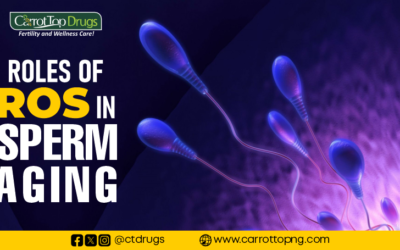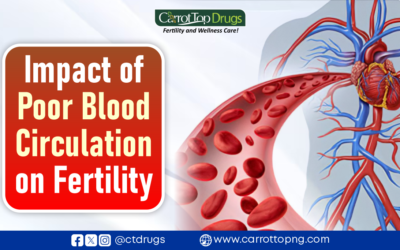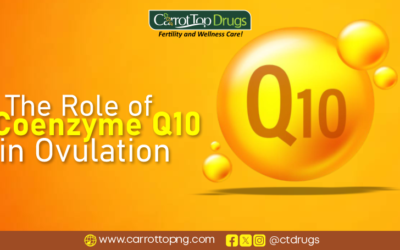Heavy menstruation (also known as menorrhagia) can be referred to as abnormally heavy or prolonged bleeding. Generally, most women tend to lose less than 16 teaspoons of blood (80ml) during their period with the average being around 6 to 8 teaspoons. Therefore, heavy menstrual bleeding can also be referred to as losing 80ml or more in each period and having periods that last longer than 7 days or both. With heavy menstruation, it can be difficult to maintain normal activities due to so much blood loss and cramping.
Heavy Menstruation can occur due to hormonal imbalance and absence of ovulation (anovulation). These menstrual cycles without ovulation usually happen in girls who have just started menstruating and women who are approaching menopause. Several conditions of the womb and ovary including certain treatments can also cause heavy menstrual bleeding. These causes include:
- Fibroid: Fibroids can expand the surface area of the womb, thereby increasing the lining of the uterus resulting in heavy menstruation. These fibroids could also be as a result of excess oestrogen which is functional in thickening the lining of the womb prior to menstruation. This excess oestrogen is likely to result in a thicker lining to be shed and eventually heavy menstruation.
- Endometriosis: This is a painful disorder in which tissue that normally lines the inside of the womb (the endometrium) grows outside your uterus. Endometriosis most commonly involves the ovaries, fallopian tubes and the tissue lining your pelvis. With endometriosis, displaced endometrial tissue continues to act as it normally would; it thickens, breaks down and bleeds with each menstrual cycle leading to heavy menstruation.
- Hormonal imbalance: In a normal menstrual cycle, there should be a balance between the hormones oestrogen and progesterone which regulate the build up of the lining of the uterus which is shed during menstruation. If there is a hormonal imbalance, the lining of the uterus could develop in excess and eventually shed away by heavy menstruation. Conditions that could cause hormonal imbalance include polycystic ovarian syndrome, obesity, insulin resistance and thyroid problems.
- Dysfunctional Ovaries: If the ovary does not release an egg (ovulate) normally as it should during a menstrual cycle, the body will not be able to produce progesterone as it would because the production of progesterone is stimulated by the release of an egg. This progesterone hormone is also responsible for maintaining regular periods. But when ovulation cannot occur, an insufficient level of progesterone could lead to heavy menstruation.
- Adenomyosis: This is a condition whereby the lining of the uterus breaks through the muscle wall of the uterus causing menstrual cramps, bloating, lower abdominal pressure and heavy menstruation.
- Intra-Uterine Device (IUD): heavy menstruation can occur as a side effect of an intra-uterine device. This form of contraception can cause heavy menstruation in the first 3 to 6 months after insertion.
- Pregnancy complications: Some pregnancies could go unnoticed, resulting in miscarriage and misunderstood for heavy menstruation.
- Inherited Bleeding disorders: Some bleeding disorders like von Willebrand’s disease; a condition in which an important blood-clotting factor is deficient or impaired could cause heavy menstruation
- Uterine/Endometrial cancer: This is a type of cancer that begins in the uterus. Endometrial cancer can sometimes be referred to as uterine cancer. It begins in the layers of cells that form the lining of the uterus. It can be detected at an early stage with heavy menstruation as a common symptom.
- Medications: Certain medications including anti-inflammatory medications such as aspirin, hormonal medications like oestrogen and progestins as well as anti-coagulants like warfarin could increase the risk of heavy menstruation.
- Pelvic Inflammatory disease: Is an infection of the pelvic organs which includes the uterus, ovary and fallopian tubes. The organs of the genital tract can also be inflamed. Symptoms include abdominal pain, heavy menstruation, fever and vaginal discharge.
If you’re experiencing heavy menstruation, it is necessary to understand the symptoms and get appropriate treatment to prevent further complications like anemia.

















